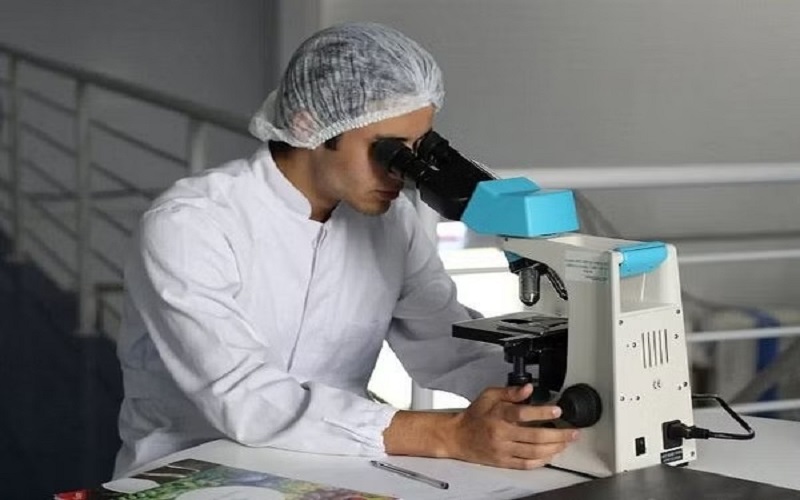Some diets can cause colon cancer in younger adults
Discussing food with a doctor is an effective method for younger adults to prevent colorectal cancer. Read further on Dynamite News:

Ohio (US): A new Cleveland Clinic study has identified diet-derived chemicals termed metabolites as the primary drivers of young-onset colorectal cancer risk, particularly those associated with red and processed meat.
The NPJ Precision Oncology paper studied metabolite and microbiome datasets and found that discussing food with a doctor is an effective method for younger adults (<60 years) to prevent colorectal cancer.
Increased monitoring and screening for colorectal cancer is a very useful tool. Senior author and gastrointestinal oncologist Suneel Kamath, MD, suggests that despite the efficacy of these approaches, physicians should approach younger patients differently.
Also Read |
Health: New antibody could be promising cancer treatment
"At the end of the day, it's impractical to apply our care models for those over 60 to younger adults simply because we cannot give everyone in the system yearly colonoscopies," he explains. "What is much more feasible is to give everyone in the system a simple test to measure a biomarker that determines their colorectal cancer risk. Then we can give the most at-risk individuals appropriate screening."
Former clinical fellow Thejus Jayakrishnan, MD, and Naseer Sangwan, PhD, director of the Microbial Sequencing & Analytics Resource Core co-led the work. Researchers in Cleveland Clinic's Center for Young-Onset Colorectal Cancer provided large-scale analyses of patient data from individuals who received care for either young- or average-onset colorectal cancer at Cleveland Clinic.
This team's earlier work found disparities in the metabolites (diet-derived compounds) of young- and average-onset colorectal cancer, as well as differences in the gut microbiome between younger and older persons with colorectal cancer.
Also Read |
Red meat may increase risk of colon cancer in women
These research suggested numerous new possibilities for exploring young-onset CRC. However, when more elements are involved in cancer risk, it becomes more difficult to grasp what's going on and plan future study, according to Dr. Sangwan. Interactions between elements, such as gut bacteria consuming and producing metabolites, add to the complexity.
Dr Sangwan and his team then developed an artificial intelligence (AI) algorithm to combine and analyze the existing studies' datasets and clarify what factors are most relevant for future studies.
Surprisingly, Dr Sangwan's analysis revealed that differences in diet (identified through analyzing metabolites) accounted for a significant proportion of the differences observed between the young-onset and older-onset patients.
 Dynamite News
Dynamite News 